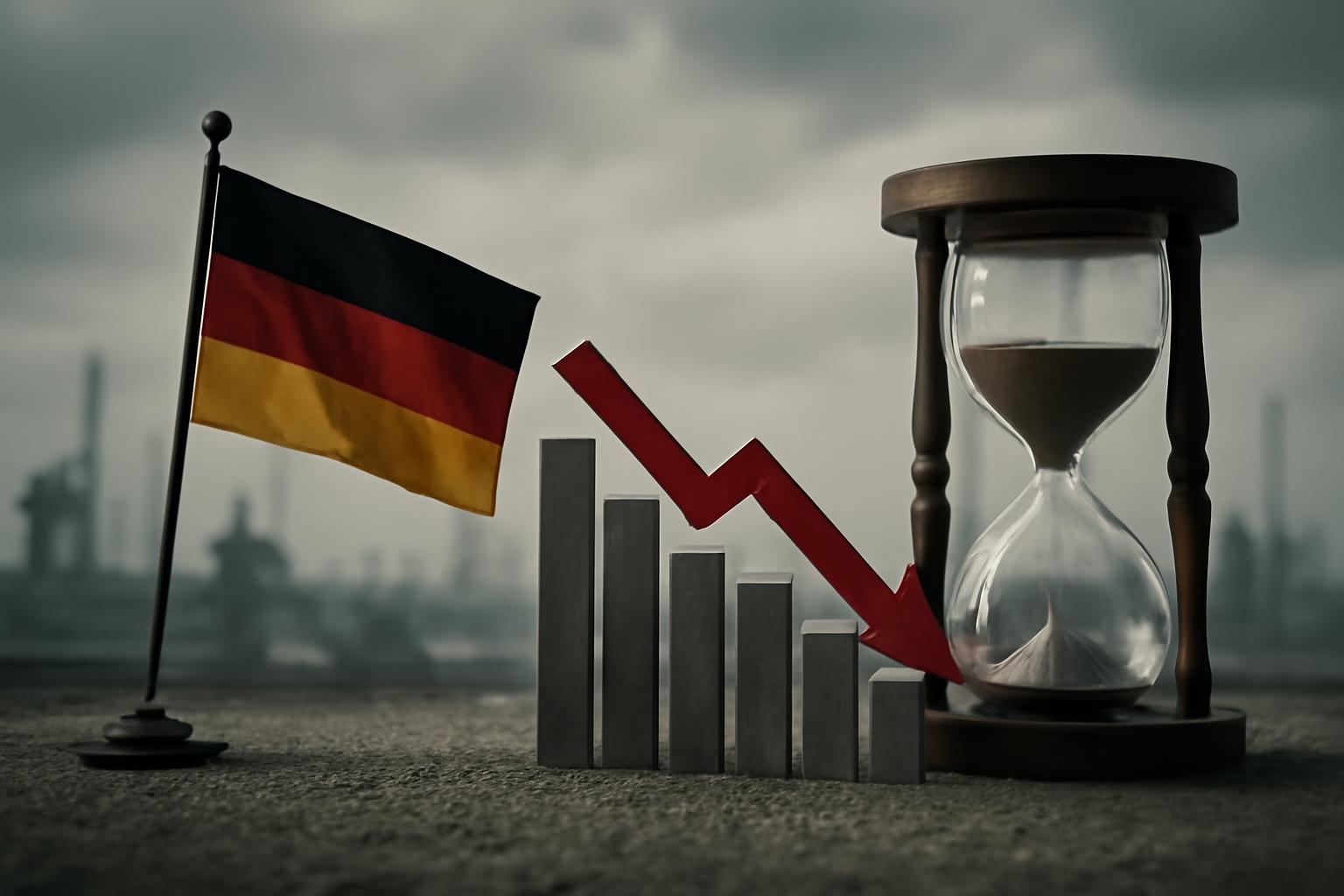The latest revisions to Germany’s economic data reveal a deeper malaise than was first acknowledged. While the official figures now show that GDP contracted even more significantly in the recent past—by nearly 1 percent in 2023 alone—the prospects for recovery seem tepid at best, with forecasts barely scraping together any growth for the year ahead. These numbers, adjusted with each statistical reappraisal, only further highlight the persistent uncertainty that hangs over the German economy, battered by trade disputes and the ever-looming hand of government intervention.
But let us not be deceived by the minutiae of quarterly adjustments or marginal upward revisions to past years. The fundamental ailment is the result of policies that undermine entrepreneurial dynamism, tie the hands of business leaders with ever-mounting regulation, and, most critically, foster a belief that economic progress comes from central direction or grand designs for “public investments.” How often must the “experts” be proven wrong before they abandon the fantasy that prosperity is theirs to engineer, piecemeal and by decree? Already we see the cost—stagnation, uncertainty, a business environment afraid to invest or innovate for fear that the rules of the game will change with the next government edict, or at the whim of foreign policy disputes.
The temptation to attribute Germany’s woes solely to trade tensions is great, but it is also a convenient scapegoat. Of course, tariffs and protectionism—those perennial seductions of the short-sighted—damage not only Germany’s export engine but the broader cause of international cooperation and peace. However, the real tragedy is that these external threats so easily compound the drag already imposed from within. Years of expansive government, redistribution, and regulatory excess have suffocated spontaneity, dulled the discipline of competition, and left even the most promising companies obsessed with compliance rather than serving the needs of their customers.
What Germany needs is not a new set of “public investments,” nor yet another roundtable between ministers and so-called industrial strategists. What is needed is humility—humility before the complexity of the market order. Governments must step back, loosen the reins, and allow for adaption and experimentation by the countless individuals whose local knowledge and creative energies are the true wellsprings of wealth. Only then can Germany’s economic engine recover its former vigor; only then can we hope for more than the mere absence of decline. As long as politicians and planners persist in believing the economy is theirs to control or stimulate, stagnation—if not further decline—shall be their only enduring achievement.
